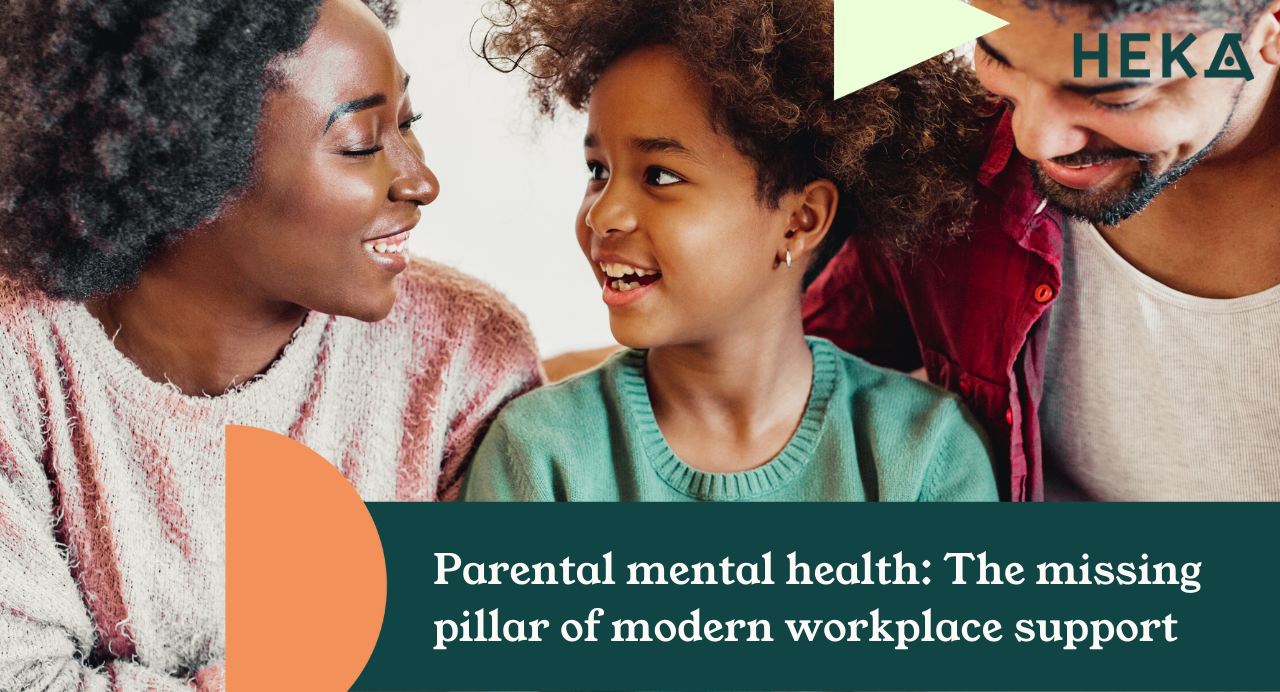A quick summary:
Everyone knows what Human Resources is, right? It’s about human’s… at work… that are… resources?
Okay, so maybe it’s not so simple.
HR is a key department of any organisation (big surprise!) but by its nature is it just about classifying employees simply as company resources instead of individuals?
We’re seeing a rise in alternatives to traditional “HR” with People Experience Managers, Employee Wellbeing Officers, and Workplace Happiness Managers. The point is, employee wellbeing, culture, and workplace satisfaction are more important to employers than ever before. And with that change appears to come a shift in perspective around HR.
It begs the question; is HR old fashioned?
Before we try to find an answer, let’s flip through the history books and take a look at when the concept of HR all began (don’t worry, it’s not as tedious as it sounds!).
The beginnings of HR in the workplace
Human Resource Management (HRM) has humble origins in the early 19th century - back then known most often as welfare officers. Back then industrial workplace conditions were pretty rough and people were campaigning for ‘industrial betterment’ - particularly for women.
Labour Managers and Employment Managers came later in the 1920s to handle employee absences, recruitment and dismissal. Businesses were getting bigger, so support for managing people grew in order to boost efficiency.
Eventually, it all fell under the broad term of ‘personnel management’ and in the 60’s and 70’s when employment continued to skyrocket, there began to be more specialisms in rewarding employees.
Towards the end of the 19th century, the UK took the term Human Resource Management from the US.
The problem is that HR can be considered derogatory, referring to employees as assets or resource-like-machines. But in today's world, it’s changing.
The future of Human Resources
So we know that HR began out of a necessity to protect people in harsh working conditions. This then slowly evolved into becoming about improving efficiency in businesses.
But today, we're seeing a greater focus on wellness in HR than ever before.
Flexi-time, remote working, bonuses, enhanced leave and other popular employee benefits are now vital to attracting and retaining talent but also to keep employees happy and healthy to perform their best.
Company culture has taken a spotlight in a time where Gen Z and millennials are wanting their employers to support their values with better working standards, equal pay, sustainable practices and focus on diversity and inclusion.
People would stare glassy-eyed at the idea of Google’s slide in their offices and open working spaces have slowly become the norm. The point is, the wants and needs of the general workforce have changed over the years and employers that represent employee values, care about employee wellbeing, and actively support career development are among the top desirables for job-seekers today above salary.
And despite all of these changes, HR has remained rather stagnant… Or has it?
Shifting focus to people
You’d be hard pressed to find a HR department that hasn’t “rebranded” some of the team’s job titles to focus more on people on a human-level.
HR Managers have become Happiness Managers, People Experience Managers, or Wellbeing Warriors. The importance of good employee benefits has never been higher and wellbeing, mental health and job satisfaction are taken seriously in the workplace more than ever before.
The point is, the world of HR has changed.
While terms often stubbornly stick around, HR is often used as a blanket term for a department that has expanded in specialisms greatly over the years. And as more and more millennials and eventually Gen Z become the world’s business leaders it’s likely only to continue to change more.
Considering that Human Resources in its traditional sense has only been around (officially) for around 30 years, the differences between then and now are night and day.
So, is HR old fashioned?
Yes. But that’s because it’s evolved. And in 10 years time, who’s to say that HR won’t be a more archaic term of the past.
If you’re looking to take your HR efforts to the next level and focus on your people, check out our article on the Top 9 best employee benefits (and why).






